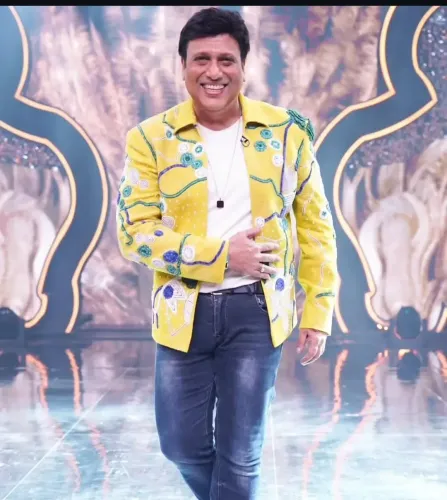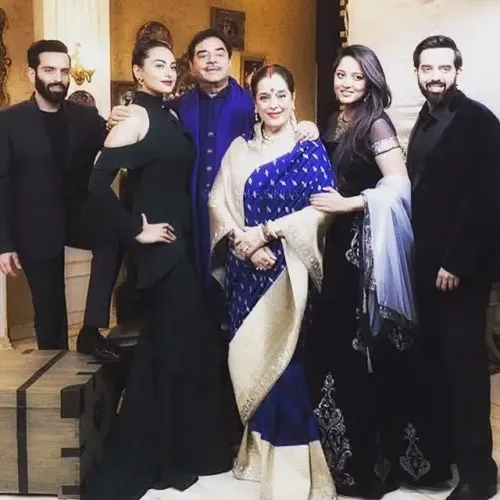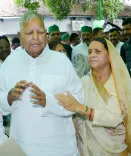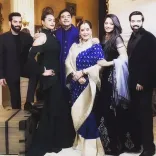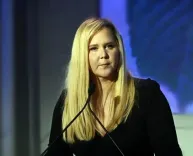Shalmali Kholgade on International Women's Day: Equality Means a Level Playing Field

Synopsis
Key Takeaways
- Equality is about a level playing field.
- Women still face daily challenges, especially in rural areas.
- Education is crucial for empowering women and challenging outdated customs.
- Contradictions exist in cinema regarding women's roles and representation.
- Increased female representation in non-traditional roles is promising.
Mumbai, March 8 (NationPress) Singer-songwriter Shalmali Kholgade, recognized for her tracks such as ‘Pareshaan’, ‘Balam Pichkari’, and ‘Latt Lag Gayi’, has expressed that for her, equality signifies the presence of a level playing field.
During an interview with IANS on the occasion of International Women's Day, she shared her views on attaining equality in society and the empowerment of women in the digital era.
Shalmali recalled a moment when actress Saie Tamhankar discussed her experience of being overlooked by a marble vendor while making a purchase.
Reflecting on that, Shalmali remarked, “I recently viewed an interview with Saie Tamhankar, where she demonstrated how a marble vendor disregarded her as a prospective buyer. When she brought a male companion, the vendor only engaged with him during his sales pitch. I found myself nodding in agreement as I watched that clip.”
She highlighted, “In many instances of our daily lives, women are still perceived as unfit for specific roles and significant decision-making, particularly regarding finances. This is why I believe that the perception of both genders must be equal. To me, equality means having a level playing ground.”
The disparity between men and women is notably pronounced in rural areas, where women face ongoing challenges. Shalmali also discussed how to support these women, emphasizing the critical role of education.
She articulated, “I am convinced that education, especially logic, is fundamental. We often refrain from questioning norms. If we enhance education in rural areas to raise awareness about the broader world and foster curiosity, we could challenge outdated customs. Our media and cinema can also play a pivotal role in educating both genders on living together with respect.”
Shalmali addressed the contradiction in cinema that advocates for female empowerment yet paradoxically profits from the objectification of women in “item songs.”
She stated, “I’ve never supported the ‘item song’ trend that has persisted for some time. These often turn out to be the most popular songs in films. However, the sexual appeal of the female body is a natural occurrence. My concern lies in reducing a woman’s identity to her looks. An attractive woman can also be intelligent and deserves to be treated with dignity.”
As technology advances, do the ideological and emotional divides between men and women widen, complicating the quest for equality?
Shalmali responded, “I think the opposite. I see more women in my surroundings today taking on roles that were traditionally held by men. For instance, at a recent event, I noticed a young woman in the sound team managing the backline. Initially, I assumed she was part of the event staff, but when I inquired, she revealed that she aspires to be a systems engineer.”
“There are hardly any sound or light engineers who are women. But watching this girl, I envisioned a different future,” she concluded.


